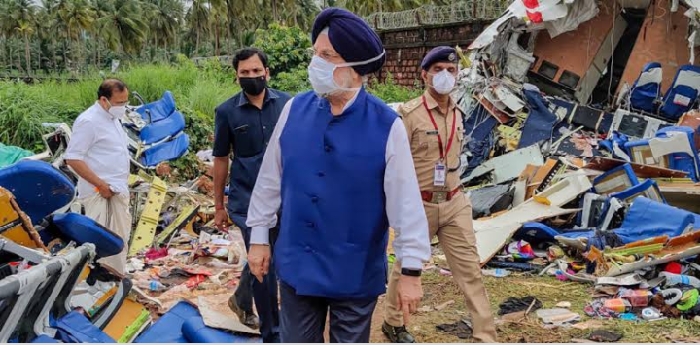New Delhi, Jun 30: The Home Ministry on Monday issued guidelines for 'Unlock 2.0' phase across country between July 1 and July 31. The report stated that COVID-19 lockdown shall continue to remain in force in containment zones till July 31. In containment zones, only essential activities to be allowed. The government's guidelines come on a day when Maharashtra and Tamil Nadu extended lockdowns in their respective states to July 31.
Unlock 2.0 Guidelines:
• Schools, colleges, educational institutes wil remain closed till July 31. Online/distance learning shall continue to be permitted and shall be encouraged
• Lockdown shall continue to remain in force in containment zones till July 31st. In containment zones, only essential activities to be allowed.
• Night Curfew shall continue to remain in force, between 10:00 pm and 5:00 am, except for essential activities and other relaxations.
• Social/ political/ sports/ entertainment/ academic/ cultural/ religious functions and other large congregations remain prohibited.
• International air travel, except as allowed by MHA, will also remain barred.
• Shops depending upon their area, can have more than 5 persons at a time. However, they have to maintain adequate physical distance.
• Training institutions of the central and state governments will be allowed to function with effect from July 15 and SOP in this regard will be issued by the Department of Personnel and Training.
Meanwhile, Union Home Secretary Ajay Bhalla wrote to Chief Secretaries of all states and UTs, urging them to ensure compliance of Unlock 2 guidelines and direct all concerned authorities for their strict implementation.





Comments
Add new comment